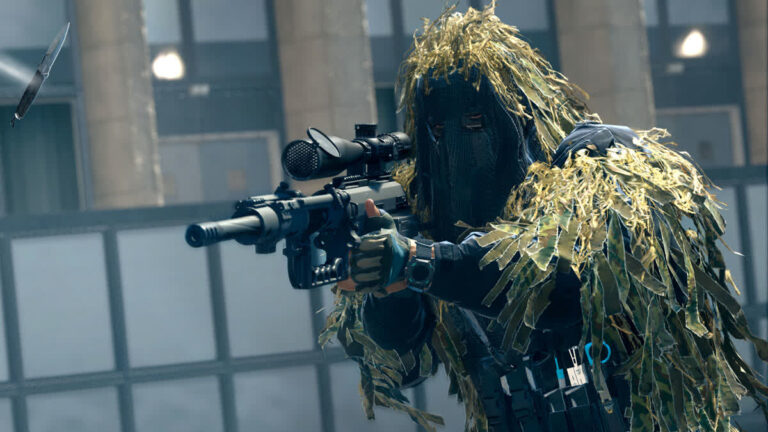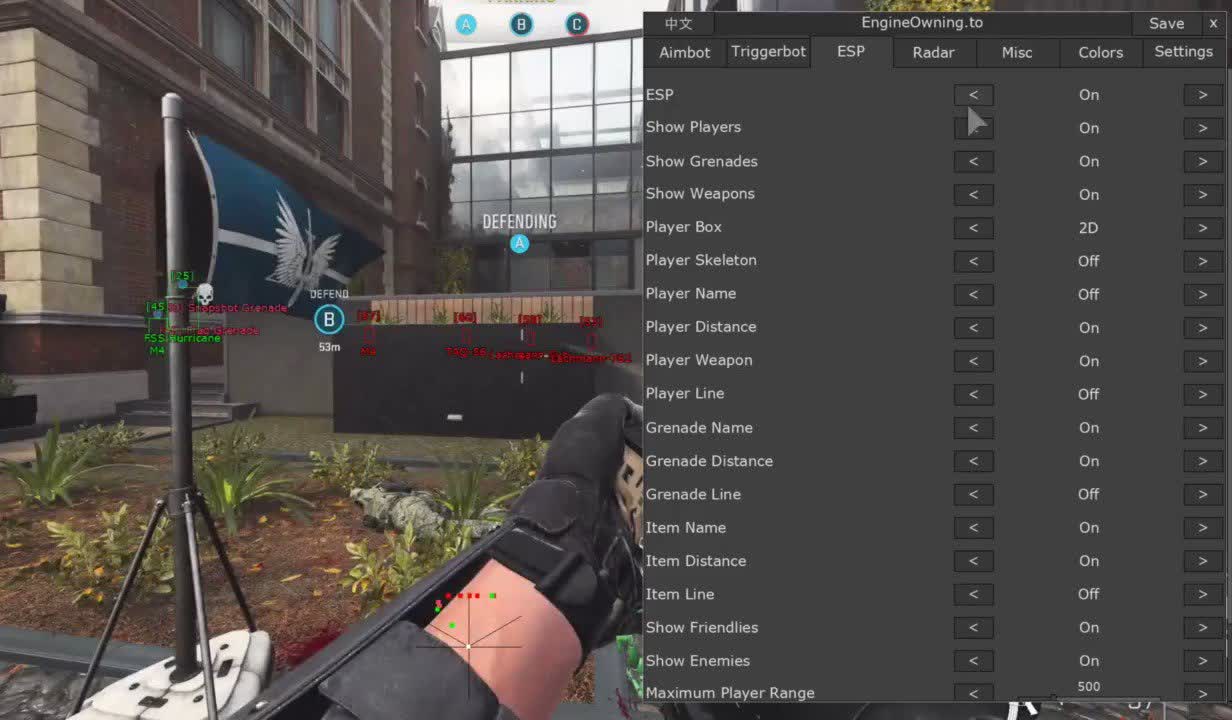
[ad_1]
Cutting corners: Hacking and cheating have long plagued multiplayer Call of Duty titles. To level the playing field and actively combat these issues, Activision released the Ricochet anti-cheat system in 2021, targeting not only the cheaters but also the developers of cheat engines that compromise the gaming experience. Just this past weekend, the Call of Duty team announced another wave of bans aimed at dishonest players, bolstering the hopes of fans that fair play may soon be possible.
On Friday, Call of Duty’s official update account, @CODUpdates, announced the team’s most recent account ban wave, aimed at players using hacks, cheats, and exploits that undermine the game’s experience. According to the announcement, over 14,000 accounts were successfully targeted and banned within 24 hours. Online discourse following the ban suggests that the wave may have effectively targeted cheat engines from providers such as InterWebz and EngineOwning.
In the last 24 hours, new detections directly targeting cheat developers at the source has led to over 14,000 account bans for cheating and hacking in Modern Warfare II and Warzone.
– Call of Duty Updates (@CODUpdates) July 28, 2023
The Ricochet anti-cheat system has often adopted a unique, yet highly effective, approach to identify and counteract players using available cheat engines. Rather than severing connections and banning accounts immediately upon detection, the system engages cheaters with countermeasures designed to negate any unfair advantages.
Recent strategies include damage shields that nullify a cheating player’s damage output, obstructing the view of non-cheating players from cheating players, and even disarming the cheater, making them nothing more than a sitting duck for the players they sought to terrorize.

An innovative “hallucination” feature was also introduced recently to distract cheaters with fake player targets while gathering data. According to Activision, these hallucinations place specially flagged decoy characters around the game, only visible to cheaters identified by the Ricochet system. This feature gives developers the ability to deploy flagged decoys both as a deterrent for identified cheaters and as a method to detect suspicious players.
The system also extends its reach to hardware-based cheats. Earlier this year, the Call of Duty team announced the inclusion of third-party hardware detections in the Ricochet system, targeting users employing hardware-based devices such as the Cronus ZEN and XIM.
While many of these measures may seem like trolling, they allow the Call of Duty and Ricochet development teams to gather invaluable information for analysis and future anti-cheat development while discouraging the use of cheat engines. This continuous stream of real-time data helps refine anti-cheat measures against ongoing exploits, eroding the undue advantage that cheaters have enjoyed for far too long.
[ad_2]